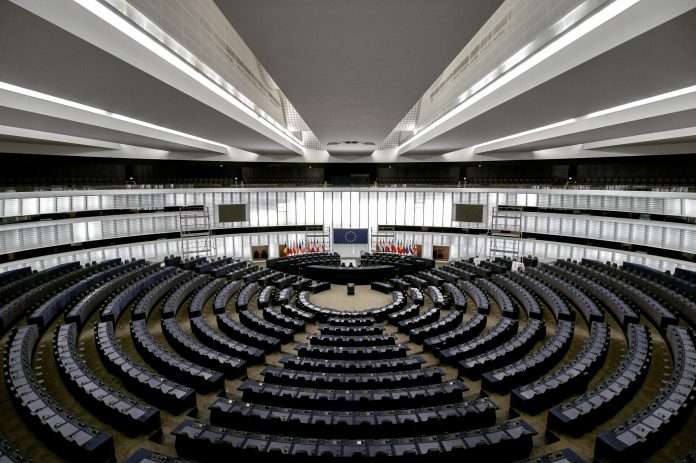The European Union (EU) has made a significant leap forward in the fight against money laundering and terrorist financing with a provisional agreement on an anti-money laundering (AML) package. This agreement, pending full approval, is set to fortify the EU’s financial system and protect its citizens by introducing sweeping changes across various sectors.
Fenergo, a SaaS platform that can future-proof client lifecycle management, has delved into the new AML standards.
At the heart of the new EU AML package is the expansion into the digital asset sector. For the first time, digital asset service providers (CASPs) will face stringent due diligence requirements. These include verifying customer identities and reporting any suspicious transactions over €1,000, aiming to close the gaps that have allowed illicit financial flows to proliferate within the digital currency space.
Moreover, the definition of an obliged entity has been broadened significantly. Now, businesses within the professional football industry, along with traders of luxury goods such as cars, yachts, precious metals, and artwork, will fall under the AML regulatory framework. This expansion reflects the EU’s commitment to covering all potential avenues for money laundering.
The package also introduces enhanced due diligence measures for correspondent banking and cross-border relationships within the digital asset sector, aligning them with those for traditional FIAT currencies. Furthermore, financial and credit institutions are mandated to conduct detailed scrutiny of transactions involving high-net-worth individuals to prevent the misuse of significant assets.
An EU-wide limit of €10,000 on cash payments has been established, targeting the reduction of money laundering activities facilitated by large cash transactions. Obliged entities are now required to identify individuals involved in cash transactions ranging from €3,000 to €10,000, tightening the control over cash flows.
Significant strides have been made towards ensuring beneficial ownership transparency. Harmonized rules set a 25% threshold for ownership disclosure, aimed at dismantling the veil of complex ownership structures often used to obscure illicit activities. Central registers for beneficial ownership will now contain verified information, and for the first time, access to these registers will be granted to the public, enhancing transparency and accountability.
For transactions involving high-risk third countries, identified by the Financial Action Task Force (FATF), obliged entities must apply stringent due diligence. This measure is designed to mitigate the risks associated with money laundering and terrorist financing from these countries.
The role of Financial Intelligence Units (FIUs) has been strengthened, with provisions for immediate access to various information sources to foster efficient cross-border cooperation. Additionally, each member state is tasked with ensuring that entities within its jurisdiction are under effective supervision, with supervisors required to report any suspicions to FIUs.
Risk assessment remains a cornerstone of the EU’s AML strategy, with both EU and national-level assessments playing a critical role in identifying and mitigating risks.
The provisional agreement heralds a new era in the EU’s fight against money laundering, offering a harmonized, comprehensive framework that closes loopholes and enhances the financial integrity of member states. By extending the scope of regulated entities and introducing robust due diligence measures, the EU aims to build a formidable defense against financial crimes, emphasizing transparency, harmonization, and collective action.
Read the story here.
Keep up with all the latest FinTech news here.
Copyright © 2024 FinTech Global











